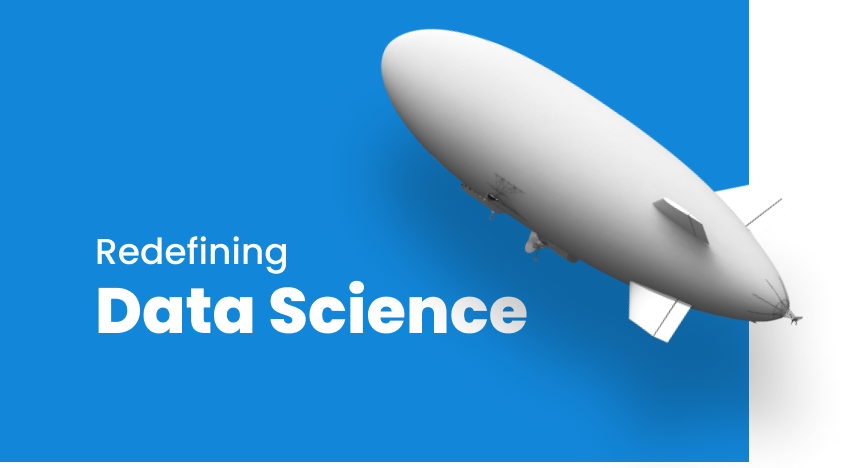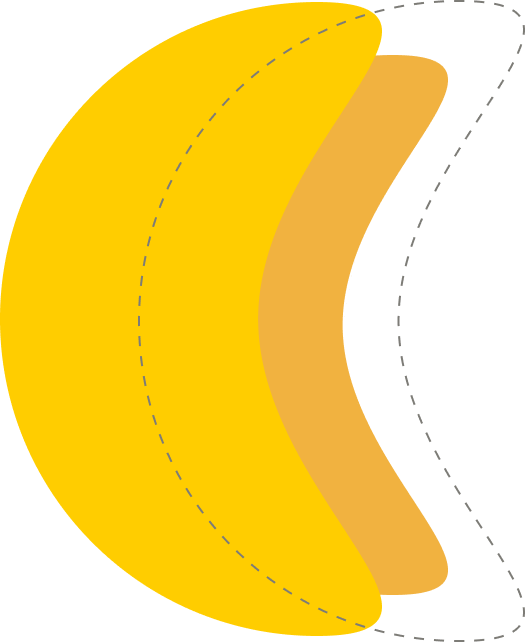How the system works?
New Tier Technologies established a digital vision-based identification system for detecting cracks on the mobile screen. Backed by CCD (charge coupled device) camera, images of the mobile’s screen on the industrial assembly line are received. The camera is further revolved from different viewing angles through detection of the mobile to evade the cracks that couldn’t be spotted from specific viewing angles. Once done with that, the received RGB model images are converted into HSI color format.
Backed by Nanonets and NSFW classification, general object detection, and OCR, image processing and deep learning models become hassle-free and make the user’s job easy. In addition, the simple and user-friendly model will enable users to rapidly build their own custom model by uploading the data and labeling them, and the Nanonets API further helps in identifying if the screen is cracked or not.

